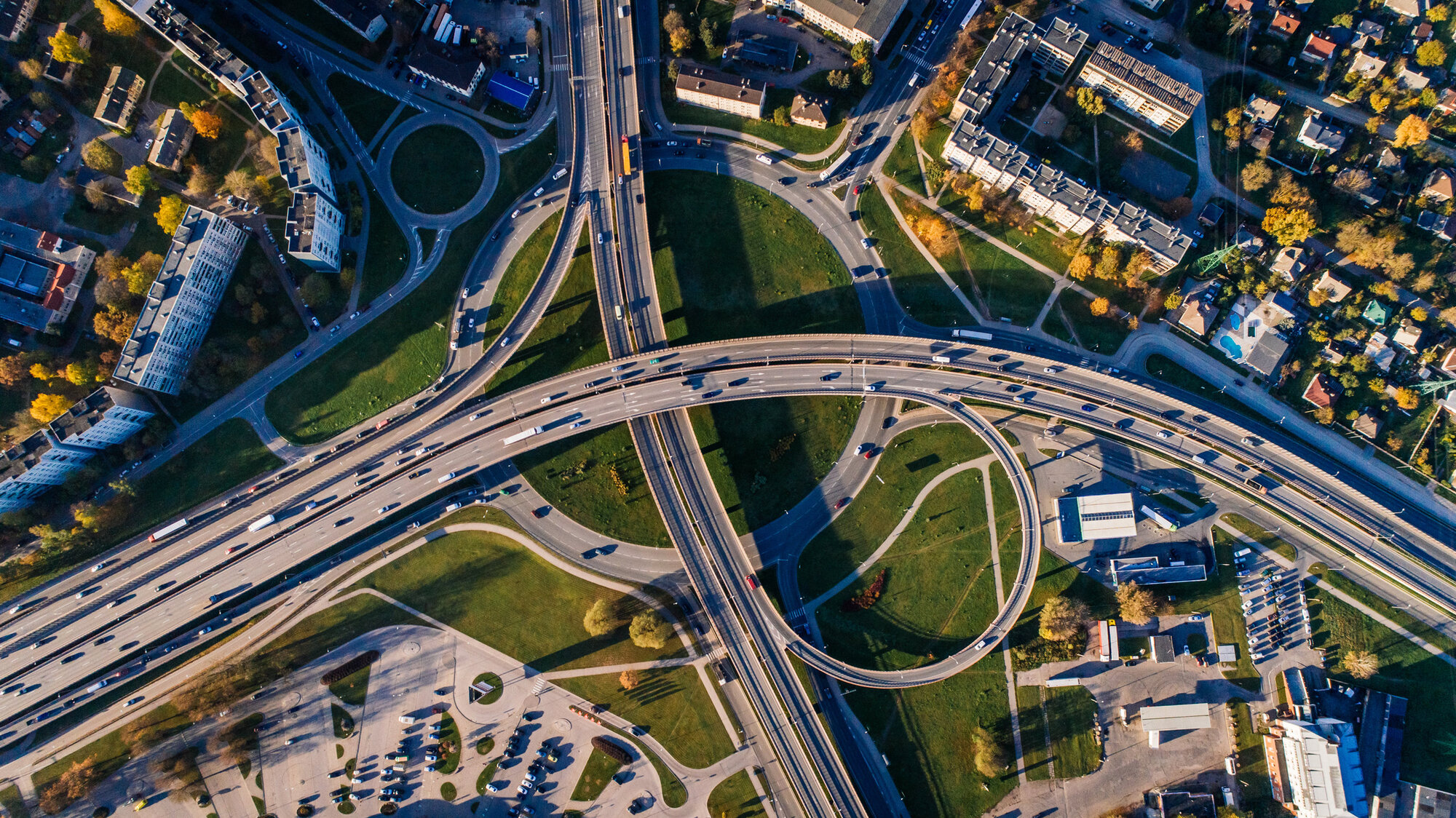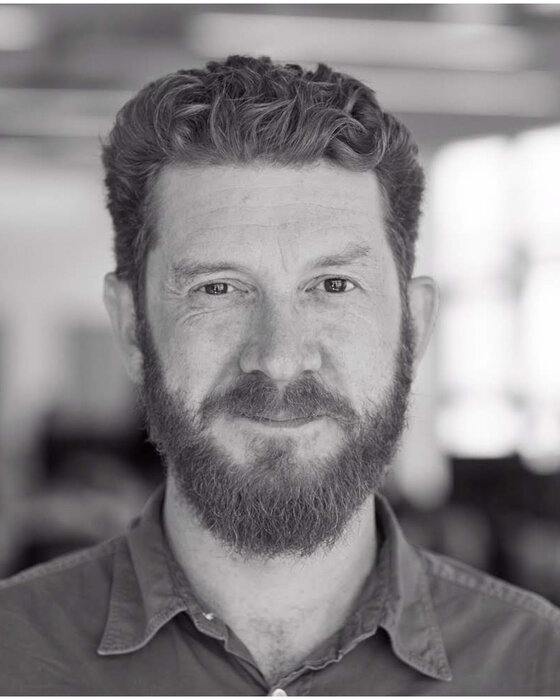
Resilient Cities and Human Settlements Working Group
Concept
The Resilient Cities and Human Settlements Working Group (RCHS-WG) focuses on integrating Earth observations into urban resilience and sustainable urbanization efforts across cities and human settlements worldwide. Its primary goal is to support cities in using Earth observation data for informed decision-making to guide urban resilience, economic and social prosperity, and environmental sustainability, particularly aligning with the New Urban Agenda and other global frameworks. Through collaboration with other GEO Working Groups, this group aims to promote a cross-cutting approach that incorporates Earth observations into city planning and resilience-building efforts.
Urbanization represents both a pivotal opportunity and a challenge of our time, as cities become increasingly central to human development and environmental sustainability. While rapid urban growth can strain infrastructure, contribute significantly to global greenhouse gas emissions (over 70% of the global total), and increase vulnerability to climate impacts and natural disasters, cities also serve as engines of innovation, economic growth, and cultural exchange. In developing countries, where urban expansion is most dramatic, this transformation offers possibilities for leapfrogging traditional development patterns toward smarter, more sustainable solutions. Moreover, cities present unique opportunities to pursue climate-resilient development, where investments in low-carbon infrastructure and nature-based solutions can simultaneously reduce emissions, enhance adaptive capacity, and improve quality of life. The RCHS-WG leverages Earth observations to help cities capitalize on these opportunities while building resilience across multiple dimensions—from robust infrastructure and efficient resource management to social cohesion and adaptive governance. This data-driven approach enables urban centers to pursue development pathways that enhance quality of life, reduce environmental impact, and strengthen their capacity to withstand and recover from shocks and stresses.
The urgency of climate change and urban growth makes this initiative especially timely. With the Post-2025 GEO Strategy prioritizing urban resilience and linking it to key international frameworks like the Paris Agreement and the Sendai Framework, the RCHS-WG’s formation aligns with current global priorities. This is a critical period for cities to adopt data-driven strategies to mitigate risks and adapt to environmental changes.
The Resilient Cities and Human Settlements Working Group (RCHS-WG) operates through a dual approach that converges on developing and implementing coherent, cross-cutting Earth observation solutions for urban resilience. On one side, the group translates urban stakeholder needs into specific requirements for Earth observation data, tools, and services. On the other side, it works on translating advancements in Earth observation science and technology into practical solutions for human settlements. These complementary efforts come together to advance the use of Earth observations in support of urban resilience and sustainable urbanization efforts across human settlements, cities, and countries. Through this balanced approach and collaboration with other GEO Working Groups, the RCHS-WG ensures Earth observation data effectively supports informed decision-making for urban resilience, economic and social prosperity, and environmental sustainability, particularly aligning with the New Urban Agenda and other global frameworks.
Work Plan 2025 - 2026
Objectives
RCHS-WG aims to foster connections and integration across the GEO Work Programme (GWP), particularly within its Focus Areas, to enhance the uptake of Earth observations (EO) in urban resilience efforts.
Together, these objectives create a platform for effective collaboration, cross-sector integration, and broader EO adoption, ensuring that cities can harness EO data to address complex urban challenges sustainably and resiliently.


